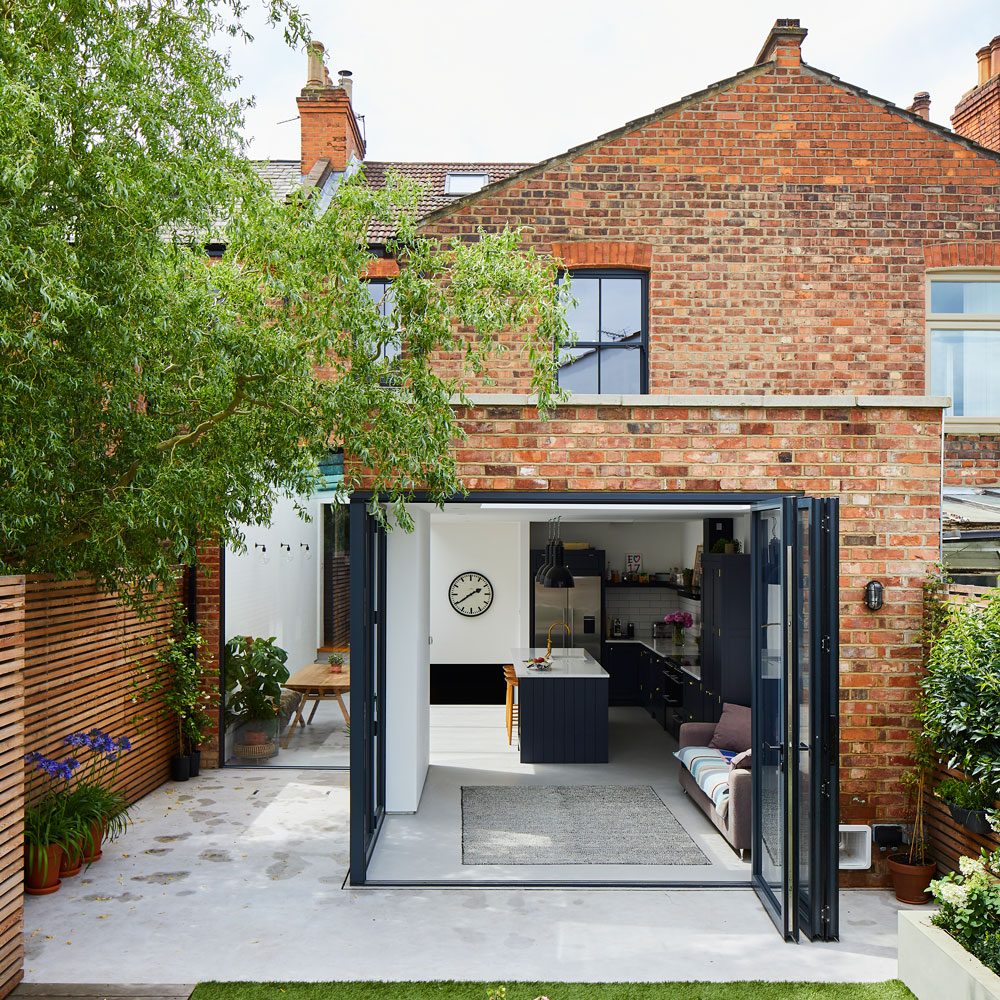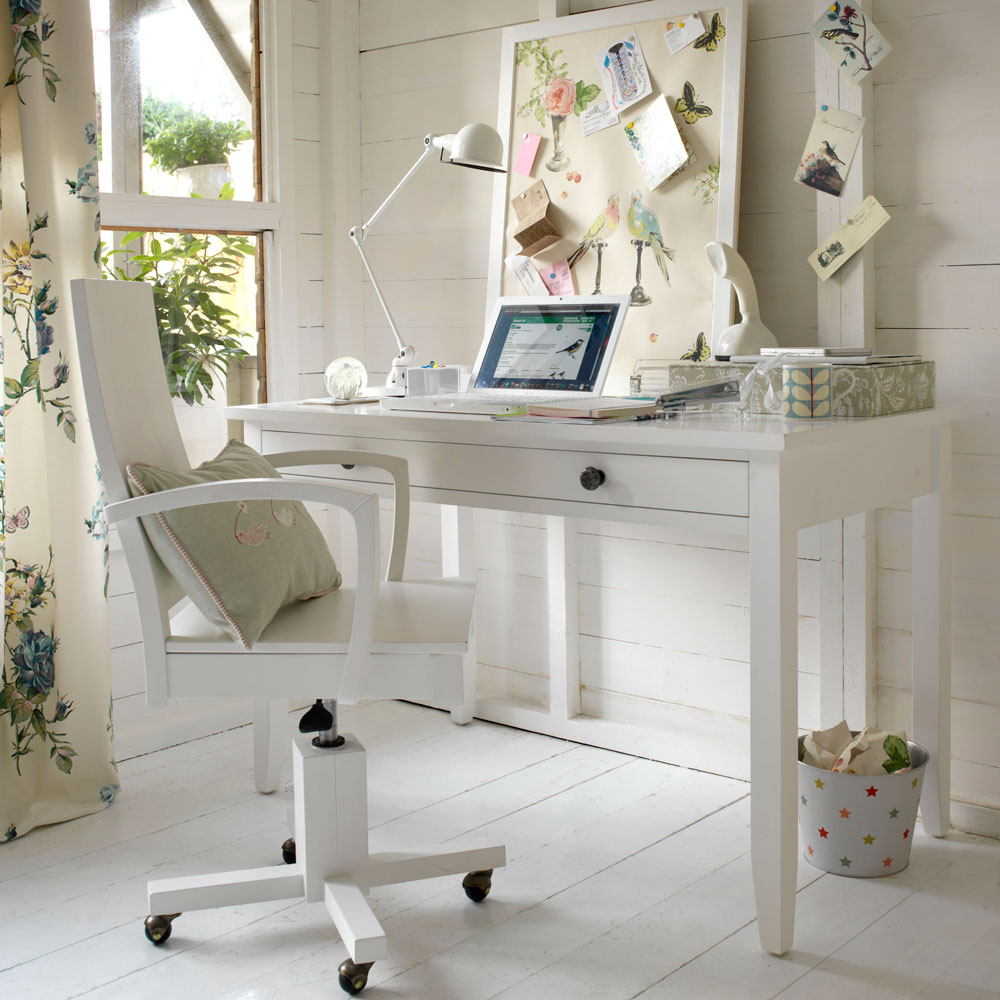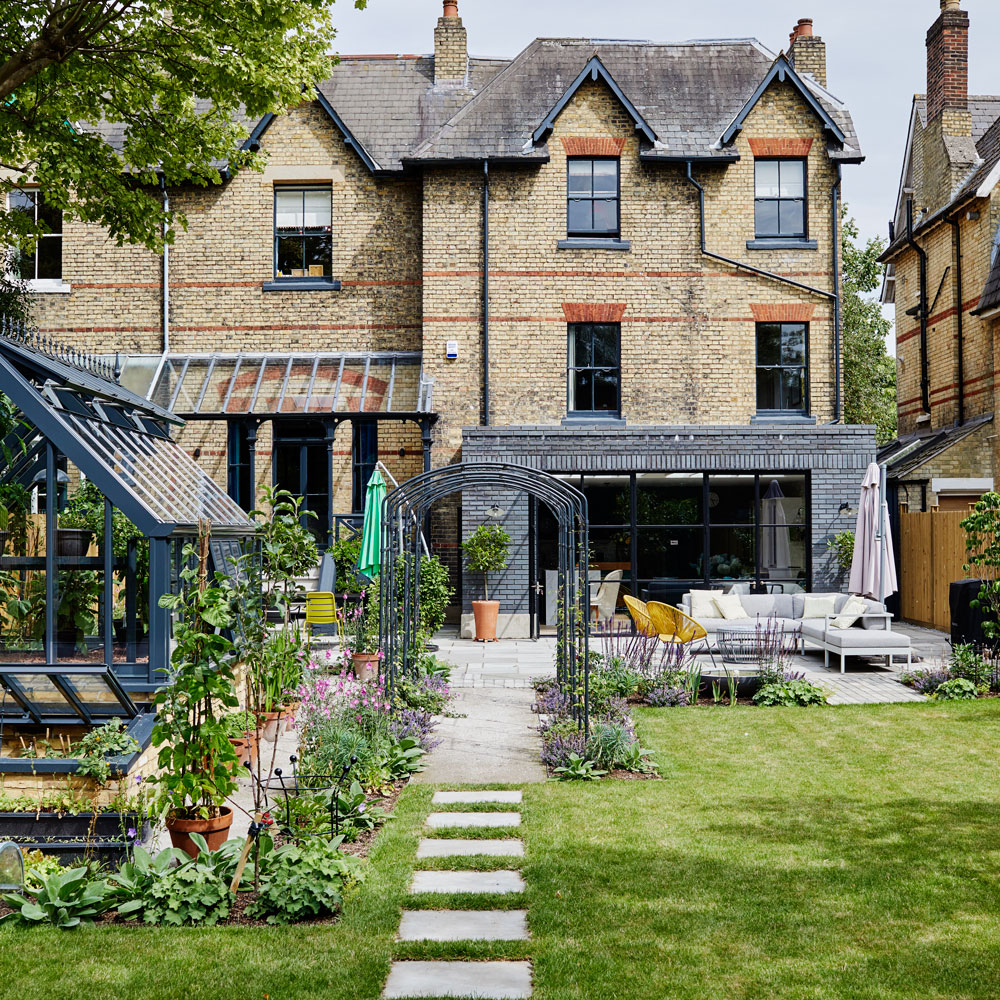Beware FON – snag a deal on a new home with these expert house price negotiating tips
Are you at risk of overpaying due to fear of negotiating?
Sign up to our newsletter for style inspiration, real homes, project and garden advice and shopping know-how
You are now subscribed
Your newsletter sign-up was successful
Buying a house is fraught with difficulties for many of us. However, many of us could be overpaying due to FON - Fear of Negotiating.
Related: This is how much UK House prices will rise by in the next 10 years
Recent research by Barclays Mortgages reveals 30 per cent of UK house buyers are uncomfortable about haggling over house prices out of the 2,000 homeowners polled. Despite the fact many said they weren’t averse to haggling on other things like used cars.
It turns out that for many of these homebuyers, fear of negotiation is actually a fear of the unknown: one in five confess they just don’t know how to do it. Among other reasons why so many homebuyers don’t bother opening the conversation about the house price is a fear of losing the property, fatigue at the process of buying, fear of embarrassment or confrontation with the seller.

Unsurprisingly, the youngest home buyers (aged 25 to 34) feel these perceived inadequacies more intensely than more experienced buyers, citing anxiety and stress around negotiating as the main reason they don’t bother doing it. This strong emotional response has real financial implications, with 35 per cent of buyers in this age group saying that they spend more than they had hoped on their home.
It does seem that once they’ve bought their first home, buyers vow to be tougher negotiators (or at least attempting to haggle) the next time they decide to buy a property. And they’re setting their sights on a significant discount of on average 18 per cent – or roughly £40,000. Whether they will muster the courage when they start looking for the next home is another question.

House price negotiating tips
What should younger homebuyers do in order to build up their confidence where it comes to negotiating house prices? Rob Smith, Head of Behavioural Finance at Barclays, recommends emotionally distancing yourself from the house you’re considering, no matter how perfect it seems.
Sign up to our newsletter for style inspiration, real homes, project and garden advice and shopping know-how
'How emotionally attached we are to the property is significant, and may contribute to a reluctance to push,' he explains. 'If you have already started picking out the furniture, negotiating will prove much tougher, as not getting the property will feel more of a loss. As humans, we are wired to avoid losses, so this could be territory we don’t want to risk entering.’

It is easy to invest emotionally into the first beautiful property you see when you have little or no experience house buying. If you can resist this tendency and try to keep a cool head.
If you really are sure that you want this particular house, then find the communication style that suits you best. ‘Not meeting face-to-face may also help you disconnect emotionally from the seller and it reduces feelings of confrontation,’ suggests Rob.
Use the limitations of the pandemic to your advantage: if you feel more comfortable speaking over the phone or even emailing, do that instead of a traditional meeting. But always remember Rob’s most crucial tip: ‘no matter how much you love this one, you will find another you love even more.’
Related: Homeowners reveal their biggest regret when buying a house
If you can’t afford it and the seller won’t budge, walk away – you won’t regret it.
Anna Cottrell is Consumer Editor across Future's home brands. She moved to the world of interiors from academic research in the field of English Literature and photography. She is the author of London Writing of the 1930s and has a passion for contemporary home decor and gardening.